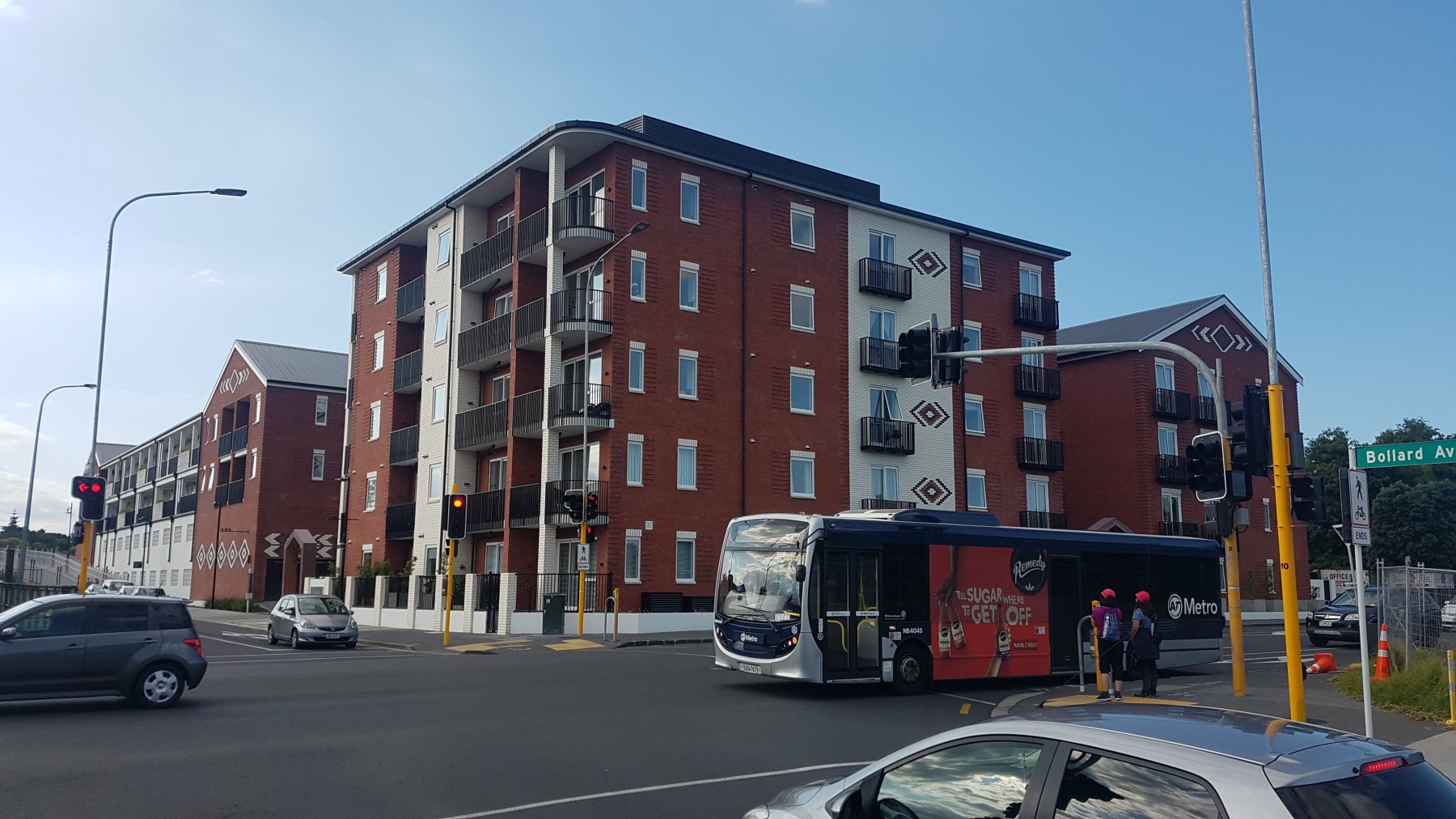Parking reform is vital to achieving a more affordable and sustainable city, with abundant housing and accessible public transport for everyone. Recently, we wrote about how Canberra’s planning system needs to take a more ambitious approach to parking. An important example can be found in New Zealand, where minimum parking requirements have been effectively abolished.
Join us on 12 July at 6pm for an online seminar with two of New Zealand’s leading transport planning thinkers, Scott Ebbett and Malcolm McCracken, about New Zealand’s world-leading parking reforms and what we can learn across the Tasman.
Parking takes up a huge amount of space in our cities, and its impact on our urban form and travel choice is often overlooked. We are in the midst of a housing and climate crisis and yet we are mandating excessive levels of parking in developments: increasing the cost of housing, worsening traffic congestion, encouraging sprawl and working against efforts to prioritise sustainable transport modes.
In 2020, New Zealand became the first country in the world to remove minimum parking requirements from planning rules nationally. This change was introduced under a landmark central government policy directive called the National Policy Statement on Urban Development. This required councils to allow for much greater densities in urban areas near to town centres and frequent public transport. Minimum parking requirements were removed to support this density and achieve better transport outcomes.
In this online seminar, we will hear from two of New Zealand’s leading experts on parking reform from MRCagney - principal transport consultant Scott Ebbett and transport planner Malcolm McCracken - on how these planning reforms were introduced, the changes that are being seen across New Zealand, and what Canberra needs to do to achieve more affordable and sustainable housing.
Scott Ebbett is one of the leading experts in New Zealand on parking reform and public parking management. Scott was involved in the early stages of parking reform in the new Auckland Council planning scheme and later in the removal of minimum parking requirements nationally. Scott has extensive experience in transport planning and developing parking management strategies in both public and private practices.
Malcolm McCracken (@urbanistfromwhk) is one of the leading housing and urban planning thinkers in Aotearoa with extensive knowledge on urban development, including the effects of removing minimum parking requirements. Malcolm has experience in transport strategy, policy development, public transport planning, walking, and cycling.
